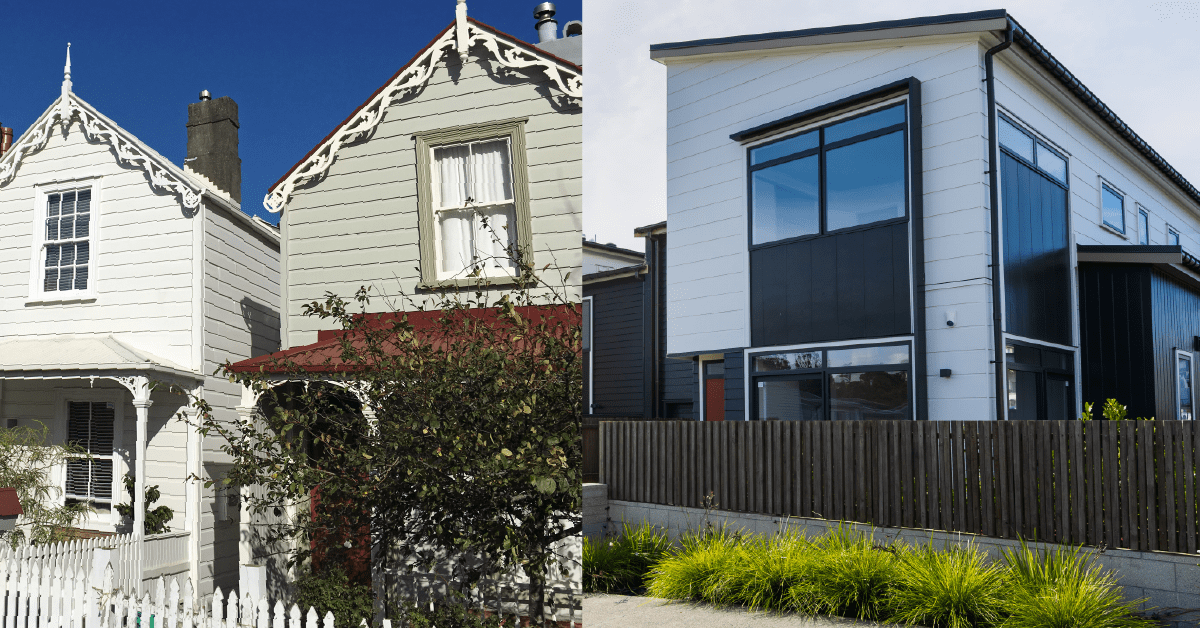I am keen to buy an investment property but what if…?
Buying an investment property is a big decision, so you probably have a few questions. Here we answer 5 of the 20 different scenarios we plan for with our clients.
What if … property prices drop?
The long-term trend for property prices has been up, with prices increasing roughly 80% every ten years. Within that period there have been times when prices have slowed, stalled, or dipped. When house prices fall, it’s usually connected with a change in the economy’s fortunes, and so the prices of most assets, like shares and property, are similarly affected. What you need to remember is this is only an issue if you are forced to sell at that point! Having a plan and a buffer can help ensure you get to sell when the time is right for you.
What if … interest rates go up?
Inevitably, interest rates will eventually rise from their current historic lows. Again, this comes down to having a plan and a buffer to ensure you can tolerate interest rates rises. Fixing rates can also help give you certainty over the medium term. Understand what the impact on your cash flow will be if interest rates increase in the long term and have a buffer in place to cover you for a likely higher weekly top up.
What if … I can’t find a tenant?
You will find a tenant – the question is what the tenant is willing to pay to live in your property. The benefit of having a new property is that it’s more attractive to tenants and, particularly in areas like Auckland where a housing shortage exists, demand for rental accommodation is high and vacancy rates are low. We factor 2 weeks vacancy per annum into your plan and while longer periods of vacancy are a possibility, the risk is limited to the amount you need to drop the weekly rent by to get the property tenanted. For example, if you had to lower your rent by $50 per week in order to attract a tenant, then the impact of this is $2,500 over a 12-month period.
What if… I lose my job?
The cash flow implication of owning an investment property is there’s often a weekly cash top up required. If your income dropped, you’d still need to be able to maintain that payment. We recommend having an overdraft facility equal to at least 12 months of top up. This would give you 12 months to reinstate income or adjust your spending to continue to afford the top up.
What if … I buy off the plans, but the builder goes bust – could I lose my deposit?
No – not if you have purchased through enable.me property. We only work with builders who are accredited Master Builders and we require that deposits sit in a solicitors’ trust account until the project settles. If the developer requires the deposit to be released, then we refuse to work with that developer.
Summary
Property can be a great way to make money over the long term but like any investment, there are risks – it’s just they’re often not discussed. At enable.me we believe in discussing all the risks, so we can prepare a rock-solid strategy. When you partner with us, we’ll work through a list of different scenarios, and your enable.me coach will be working with you to make your financial situation robust, that way we ensure you not only buy a great investment property, but you’re also equipped to hold it over the long-term.
Book your consultation with an enable.me coach today to begin your property investment journey. (A fee applies)
Disclaimer: This blog post is for informational purposes only and does not constitute individual financial advice. If you’re interested in receiving personalised financial advice, you can book in a consultation with an enable.me coach. Costs apply.


